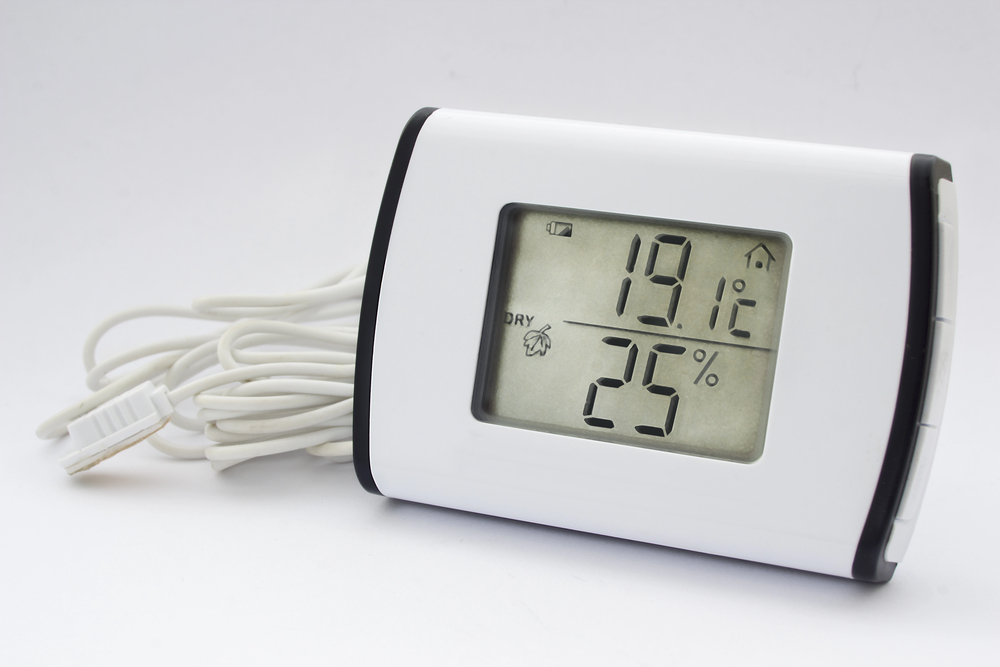
Humidity control is no small task. Do you trust an analog hygrometer’s straightforward durability or go digital for pinpoint accuracy? Your choice could change the way you manage your space—whether it’s a greenhouse, lab, or personal collection. Here’s everything you need to know about the analog hygrometer and the digital one to make the best decision.
Analog Hygrometers
Analog hygrometers have a mechanical design that relies on a coil or hair that responds to changes in humidity, moving a needle on a dial to show the reading. Their simplicity and durability make them a go-to choice for those who prefer straightforward tools without the need for electronic components.
Classic Design with Practical Durability
Analog hygrometers offer a traditional aesthetic and function well without relying on batteries. This makes them ideal for remote locations or any setting where power sources are limited. Their mechanical build means they can last for years with minimal upkeep, appealing to users who value reliability over frequent recalibrations.
Limits in Precision
However, analog hygrometers offer a broader accuracy range, typically within a 5% variance. This is often sufficient for general purposes, but those requiring pinpoint control—like in cigar storage or specific laboratory environments—may find analog models less suitable. The analog reading can miss minor changes in humidity, which could be critical in more sensitive settings.
Digital Hygrometers
Digital hygrometers operate using electronic sensors that provide fast, accurate humidity readings, often accompanied by temperature data. For those who need exact measurements and additional features, digital hygrometers are a high-performing option.
Precision Readings at a Glance
Digital hygrometers are known for their accuracy, with readings typically within a 1-2% margin of error. Most digital models feature easy-to-read screens, often backlit for visibility in low-light conditions. They’re necessary in controlled environments where slight changes in humidity can impact quality, like in museums, archives, and certain agricultural settings.
Modern Features for Added Functionality
Many digital hygrometers offer features like data logging, trend tracking, and alarms that notify users when humidity levels fall outside preset ranges. While these advanced functions make digital models versatile, their reliance on batteries and susceptibility to extreme conditions may require more frequent maintenance and replacements.
Best Use Cases
Analog hygrometers excel in locations that benefit from a straightforward, long-lasting tool—like wine cellars, greenhouses, or off-grid setups. Digital models are the preferred choice in applications that demand precise control and tracking, such as cigar humidors, laboratories, and climate-sensitive storage.
Calright Instruments: Your Partner in Precision Humidity Solutions
Both analog and digital hygrometers offer specific strengths suited to various applications. At Calright Instruments, we know how vital accurate temperature and humidity control is across industries like pharmaceuticals, healthcare, and manufacturing. We provide carefully calibrated hygrometers, thermometers, and data loggers to support consistent environmental monitoring.
For assistance selecting the ideal hygrometer, call us toll-free at 1-866-363-6634 or email [email protected]. Let Calright Instruments guide you to the right test and measurement tools that help ensure reliable, high-quality results for your business.
